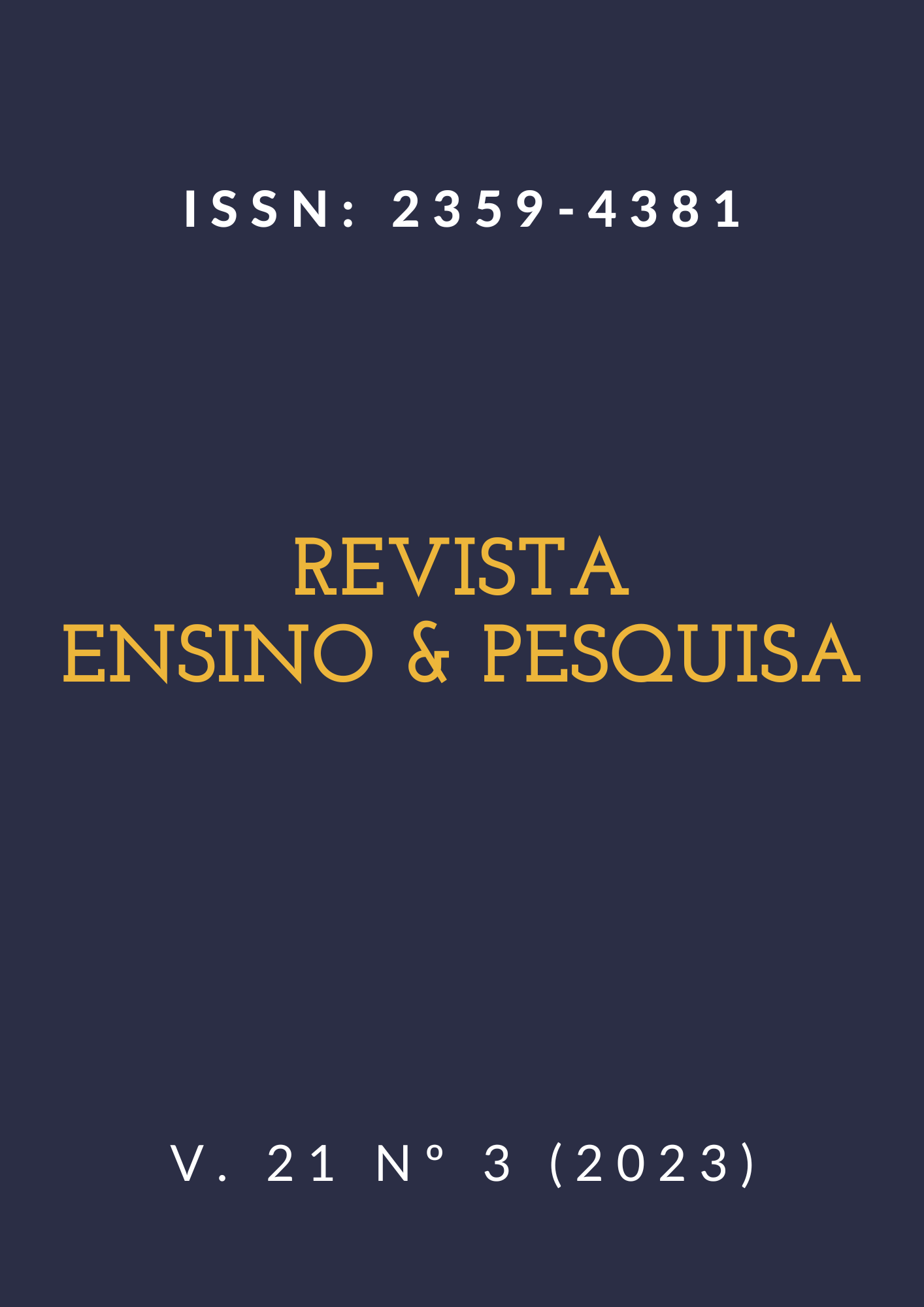Organic functions: ludicity as a learning facilitation tool
DOI:
https://doi.org/10.33871/23594381.2023.21.3.7350Abstract
The learning process can be more engaging and relaxed when instructional resources promoting these qualities, such as instructional games, are employed. Ludicity, i.e., the quality of being playful and enjoyable, can be much more than mere play; it can assist in the teaching and learning of the curriculum content. When alternative teaching methods are adopted, outcomes can exceed mere learning. They can also motivate students to participate actively in the teaching-learning process. In this context, the game “Unraveling Organic Functions” was conceived with the aim of facilitating student learning and retaining of organic functions and nomenclature of organic compounds by promoting student engagement. Based on traditional follow-the-path board games, “Unraveling Organic Functions” was employed as an instructional activity at a public school in Itacoatiara (AM), Brazil, as part of an intervention-research project of a qualitative nature. Data were collected by means of questionnaires responded by the participating students and teacher and pre- and post-intervention tests responded by the former. The results indicate that the participants found the experience engaging and enjoyable. They also suggest that the game in question facilitated learning and retaining of the aforementioned concepts and theories, thus corroborating the importance of including ludic classroom activities in the teaching-learning process.

